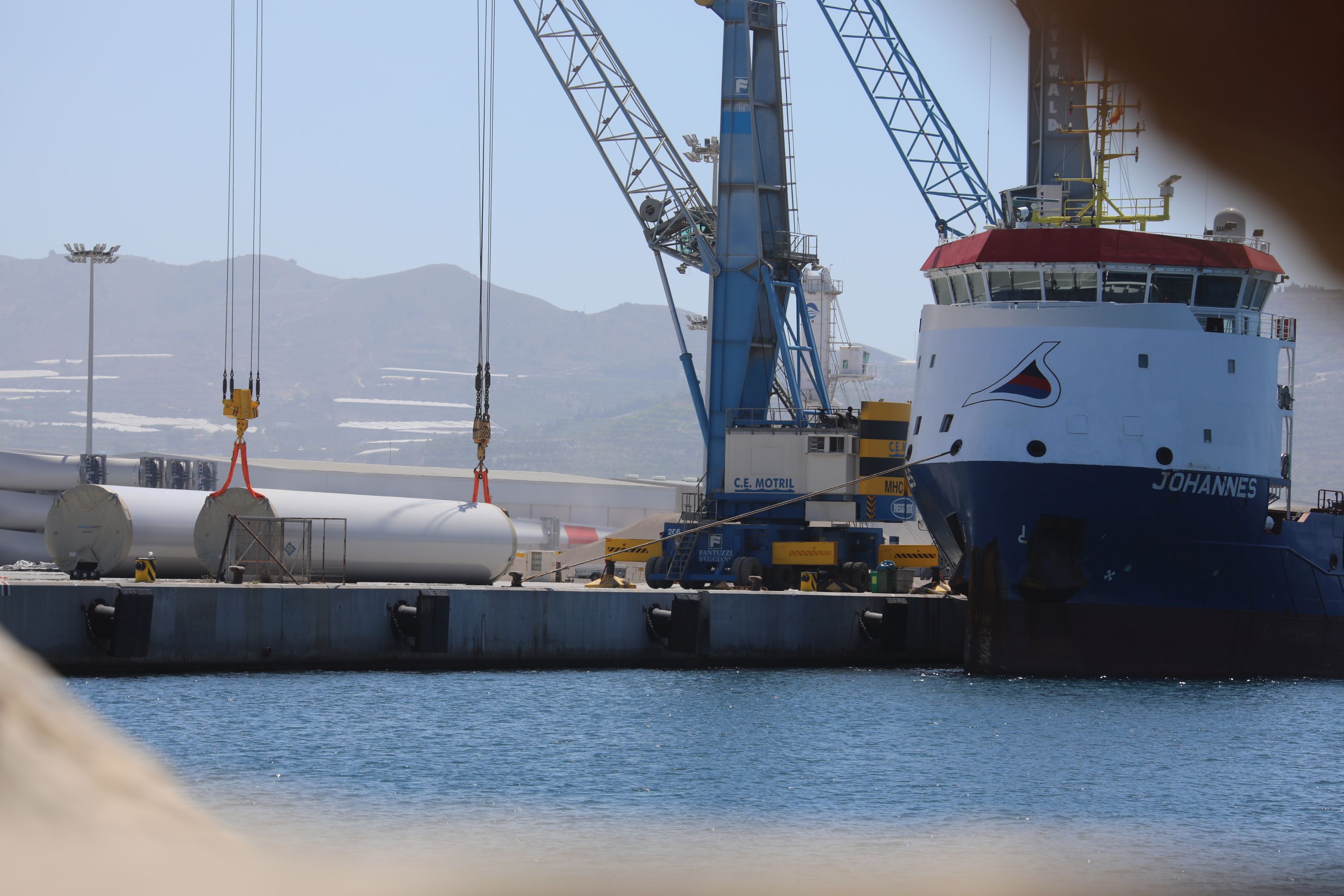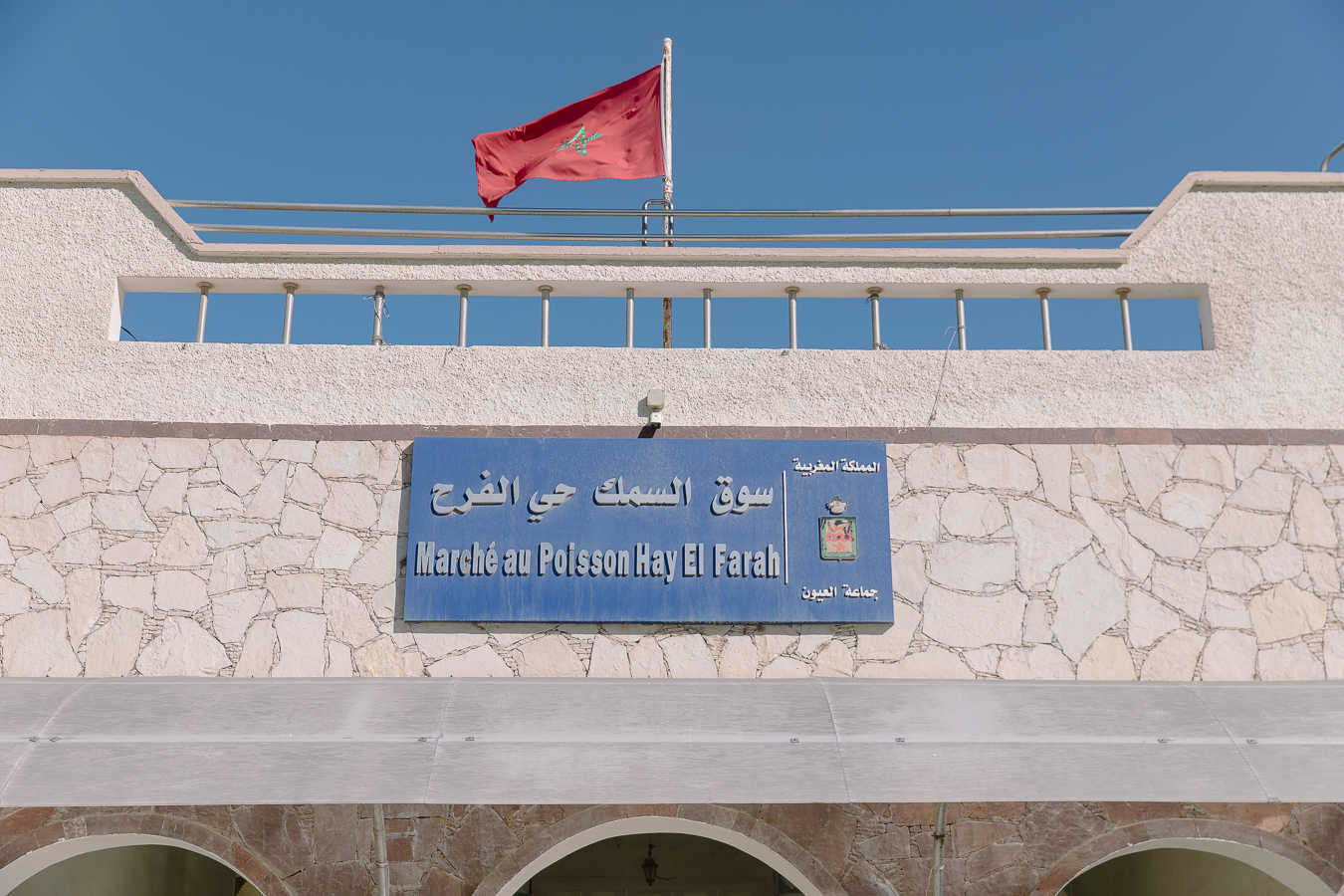EU launches talks on deepening economic relations with Morocco

"Just announced the launch of negotiations for a free-trade agreement with Morocco,'' European Commission President Jose Manuel Barroso tweeted on Friday, after his meeting with Morocco’s prime minister Abdelillah Benkirane. That Free Trade Agreement will have consequences for Western Sahara.
Published 04 March 2013
With Barroso’s visit to Rabat last week, the European Commission has officially commenced its talks with Morocco on a Deep and Comprehensive Free Trade Agreement (DCFTA); a large-scale trade deal that will substantially deepen the Union’s already tight-knit trade ties with Morocco.
Though geared at facilitating the gradual integration of Morocco’s economy into the EU’s single market, the DCFTA is likely to drag occupied Western Sahara into the equation. So far, the EU has neglected to exclude the occupied territory from its trade deals with Morocco – thereby backing up Morocco’s untenable claims to its southern neighbour and undermining the UN peace process it claims to neutrally support.
Through intensifying trade with and investment opportunities in Morocco, European businesses risk becoming part of the protracted conflict if enticed to undertake commercial activities in a territory that the UN still classifies as a colony.
The Commission’s move to launch the DCFTA talks at this time is off-base. Just last week, it became public that the Frente Polisario has filed a law suit against the Council of the European Union at the European Court of Justice over the EU-Morocco agricultural agreement, for failing to exclude Western Sahara.
According to Reuters, trade between the EU and Morocco amounted up to approximately 24 billion euros in 2011, and the EU is keen to open up trade in the services sector. Morocco is also the largest recipient of European neighbourhood aid, with 580.5 million euros earmarked for 2011-2013.
Last year, 31 Saharawi civil society organisations from occupied Western Sahara and the Saharawi refugee camps in Algeria wrote a letter to the European Commission, requesting the exclusion of their country from the geographical application of the DCFTA. The European Commission has not consulted them so far in the process.
News
New report: Certified occupation
International certification standards embellish Morocco’s controversial trade with fisheries and agricultural products in occupied Western Sahara, new report documents.
16 December 2025
Certification giant SGS points fingers elsewhere
SGS blames everyone else for mistakes on MarinTrust certificates it had issued to Moroccan companies in occupied Western Sahara.
15 December 2025
New report: Greenwashing Occupation
Out now: WSRW today publishes a new report outlining the massive - and deeply problematic - renewable energy projects that Morocco is developing in occupied Western Sahara.
11 December 2025
GMP+ does not check if “sustainable” fish is legally caught
The world’s largest certification scheme for “safe and sustainable animal feed” does not check whether its certified fish feed companies source from illegal fisheries in occupied Western Sahara, where catches violate the Saharawi people’s right to self-determination.
05 December 2025



